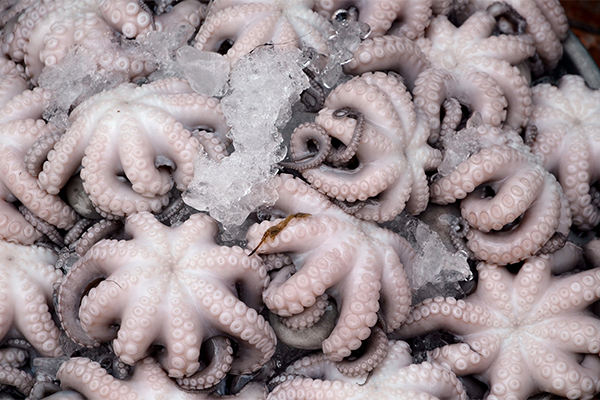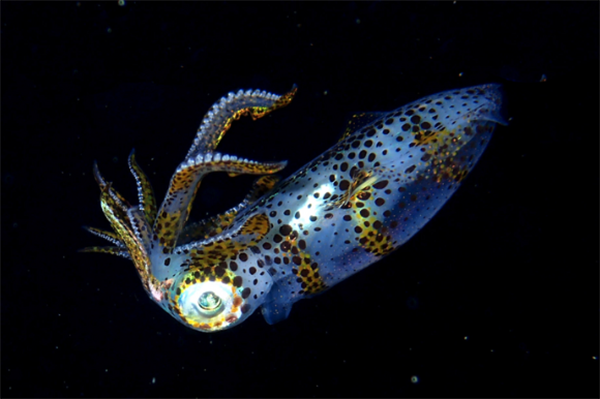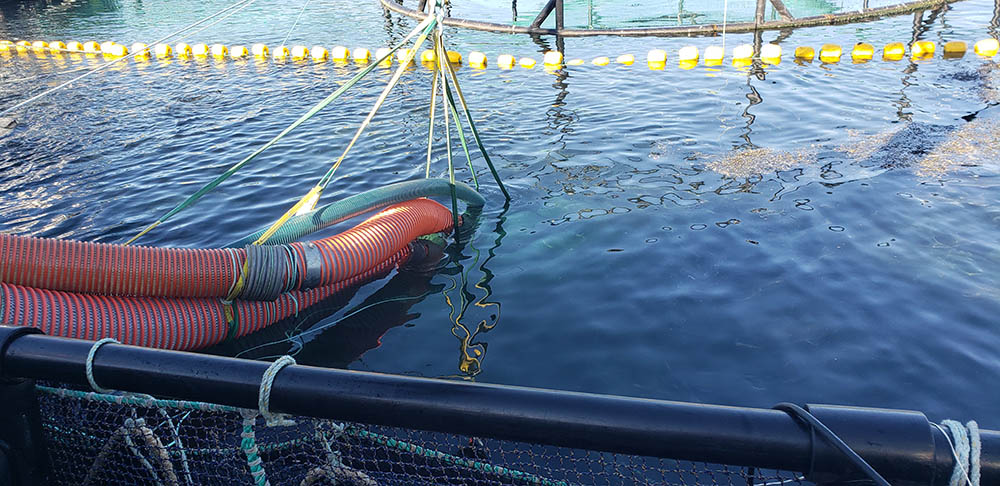California bans octopus farming and the sale of farmed octopus products, citing animal welfare and environmental sustainability concerns

California has enacted a bill that bans octopus farming both on land and in water, while also prohibiting the sale of farmed octopus products within the state.
This legislation, known as the California Oppose Cruelty to Octopuses (OCTO) Act, was signed into law on Sept. 27 and marks the second law of its kind globally.
Co-authored by Assemblymembers Steve Bennett (D-38) and Laura Friedman (D-44), the OCTO Act addresses various ethical and environmental concerns associated with octopus farming. The bill received unanimous approval from the California Senate in August, reflecting growing awareness of animal welfare and environmental protection issues.
“The passing of the OCTO Act demonstrates California’s leadership in protecting wildlife,” said Assemblymember Steve Bennett. “This is how law-making should be done: before investments of financial and human capital are made. These intelligent creatures are not suited for concentrated ocean farming environments. I appreciate our sponsors and supporters for their advocacy.”
The OCTO Act builds on similar efforts in other regions, including a law passed in Washington state this March and a bipartisan federal bill called the OCTOPUS Act, introduced in Congress in July. The OCTO Act is co-sponsored by the Animal Legal Defense Fund and Social Compassion in Legislation. It has received support from both the Aquatic Life Institute (ALI) and the Animal Rights Initiative. Additionally, 134 organizations from the Aquatic Animal Alliance signed a letter supporting the bill, which was sent to the California State Senate Appropriations Committee.
“The case against octopus farming is clear and compelling,” said Tessa Gonzalez, Head of Research at ALI and an expert witness in presenting the OCTO Act to the California State Assembly Water, Parks and Wildlife Committee on April 9, 2024. “The potential for environmental degradation, disease outbreaks and reputational harm to seafood industries far outweigh any perceived benefits.”
Currently, there are no octopus farms in California, but the OCTO Act aims to proactively protect octopuses by addressing potential issues before commercial farming and sales begin. This legislation incorporates considerations of animal welfare, environmental sustainability and public health into future regulatory frameworks, ensuring the protection of these creatures before intensive farming practices are established.
“By supporting a ban on octopus farming and farmed octopus importation, Californians are sending a powerful message that they value compassion over cruelty, sustainability over exploitation, and stewardship over short-term gain,” said Gonzalez.
Now that you've reached the end of the article ...
… please consider supporting GSA’s mission to advance responsible seafood practices through education, advocacy and third-party assurances. The Advocate aims to document the evolution of responsible seafood practices and share the expansive knowledge of our vast network of contributors.
By becoming a Global Seafood Alliance member, you’re ensuring that all of the pre-competitive work we do through member benefits, resources and events can continue. Individual membership costs just $50 a year.
Not a GSA member? Join us.
Author
Tagged With
Related Posts

Fisheries
FishChoice adds octopus to list of curated seafood options
FishChoice’s addition of octopus reflects the rising demand for sustainable seafood and industry efforts to manage fisheries responsibly.

Fisheries
Might a new aging tool help improve octopus fishery management?
A new tool uses growth rings on octopus beaks and stylets to validate their age, possibly leading to improved octopus fishery management.

Innovation & Investment
Could squid aquaculture fill the gap from declining cephalopod stocks in Japan?
With declining squid populations, researchers in Japan have developed the first aquaculture system with potential for commercialization.

Innovation & Investment
‘Happier and healthier’: New fish transportation technology emphasizes voluntary movement
East Coast Innovation's Voluntary Swim-In fish transportation technology minimizes fish stress and enhances survival rates for aquaculture.



